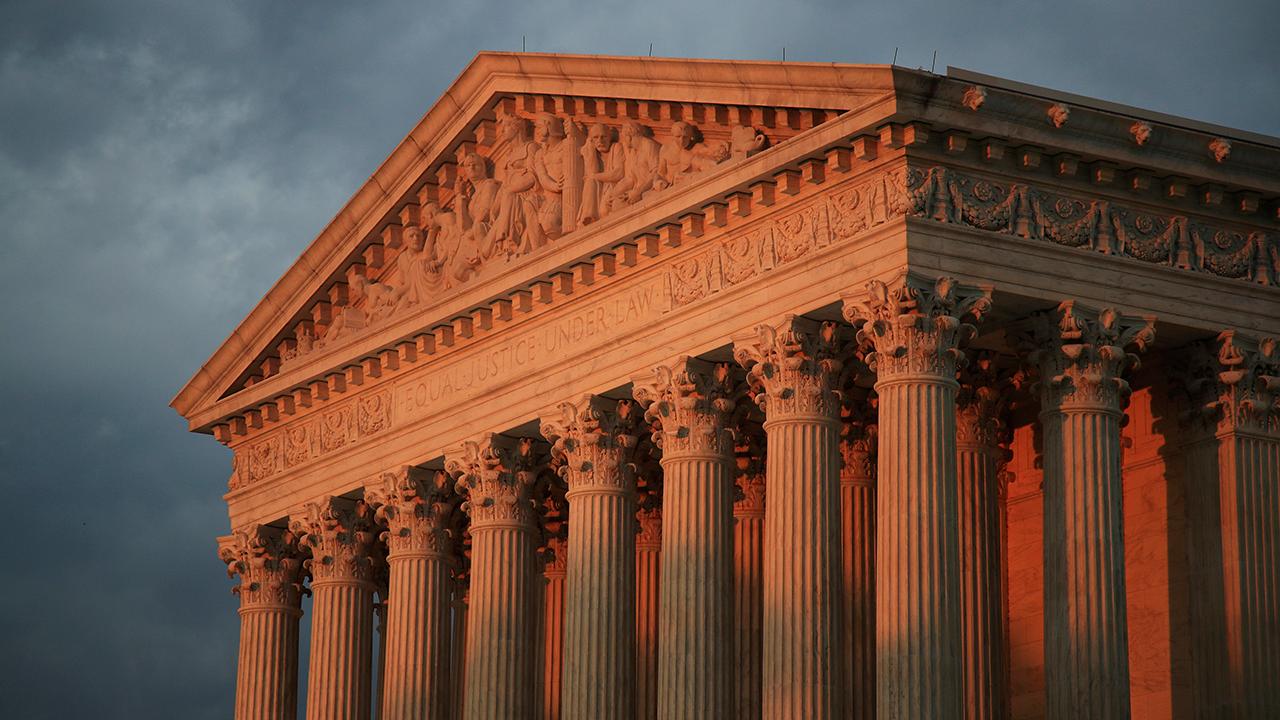Supreme Court weighs census citizenship question. What's at stake?
The Supreme Court heard extended oral arguments on Tuesday about the Trump administration’s decision to include a question about citizenship on the 2020 census – a case that could ultimately have lasting implications for the country’s political landscape.
When the census is distributed next spring, for the first time in a decade, the Trump administration wants to ask respondents, “Are you a citizen of the United States?” That question, among others, will be used to draw a portrait of the country: How many people live here, how old are they, what is their race and ethnicity.
But dozens of of states, cities and other groups -- led by California and New York -- have challenged the proposal, arguing that the question could result in a drop in response rates and therefore an undercount of immigrant communities because those groups may be worried about how their information will be used in the future. The question would not differ between legal and undocumented immigrants.
Secretary of Commerce Wilbur Ross, who oversees the Census Bureau, has defended the citizenship question, which he says is imperative to enforcing the Voting Rights Act.
Because the census is used to determine how many seats in the U.S. House of Representatives each state has and how to allocate $880 billion a year in federal funding for schools, roads and other public services, adding new questions is often politically fraught. For instance, Politico estimated that California is already on the verge of losing one of its 53 seats in the House, a result of a shrinking population.
The census usually includes every living person in the U.S., regardless of their citizenship or immigration status. The 2010 census estimated there were about 40 million foreign born people in the U.S., including naturalized citizens, lawful permanent residents, temporary migrants, refugees and undocumented migrants. That accounts for about 13 percent of the population, according to the census. The foreign-born population from Latin America was the largest region-of-birth group, totaling about 53 percent.
Census Bureau research indicates the question would likely deter a large swath of people from responding. According to analysis conducted by the bureau, an estimated 6.5 million people would not respond as a direct result of the citizenship question.
And while every state had a portion of foreign-born residents, more than half lived in just four states: California, New York, Texas and Florida. One-quarter of the total foreign-born population lived in California, where more than one in four residents was foreign-born.
So far, the Supreme Court’s conservative justices seem poised to support the citizenship question, while the liberal justices peppered the government with questions about the plan, according to Fox News.
CLICK HERE TO GET THE FOX BUSINESS APP




















